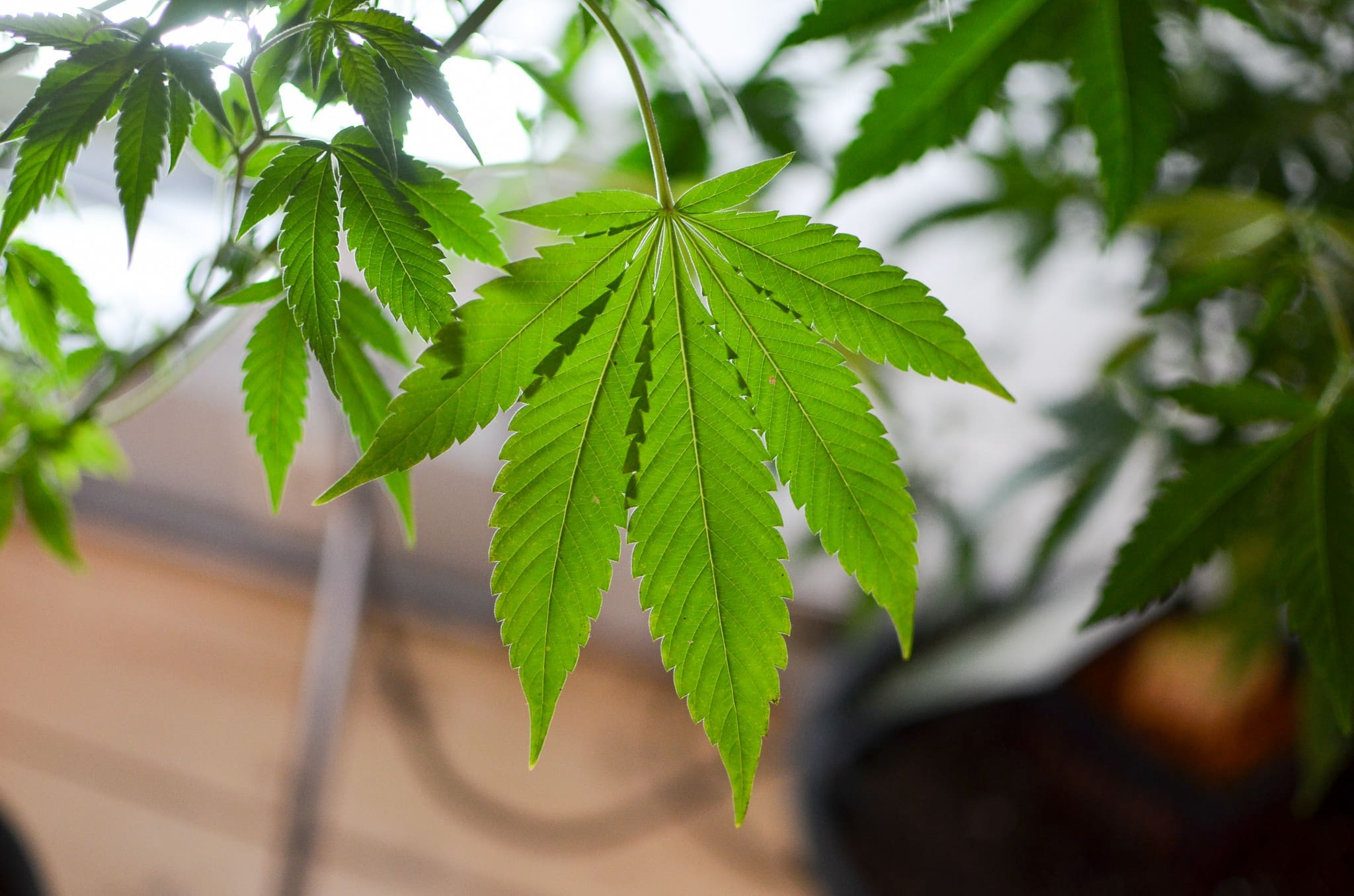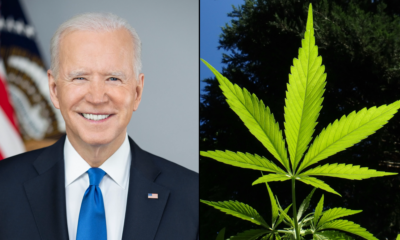Politics
Kansas Senate Running Out Of Time To Pass Medical Marijuana Legalization Bill That Cleared House

As advocates applaud the passage of a medical marijuana legalization bill in the Kansas House of Representatives, anxieties remain high over its prospects in the GOP-controlled Senate.
The chamber has days left being the end of the legislative veto session, and Senate leadership has signaled that they do not view the reform legislation as a priority.
“The Senate is not real high on the issue at this point” Senate President Ty Masterson (R) told an Associated Press reporter in a pun-filled text message on Thursday, adding that “we may roll it into a joint committee and see if we can weed out the issues.”
A texted statement from @sentymasterson: "The Senate is not real high on the issue (medical marijuana) at this point iun the session, we may roll it into a joint committee and see if we can weed out the issues." #ksleg pic.twitter.com/2Ruu5VYtxC
— John Hanna (@APjdhanna) May 7, 2021
Whether he was serious about the joint committee or simply making an attempt at cannabis-related humor is unclear. A spokesperson for his office separately said that the chamber is focused on passing a budget bill and a school funding measure in the final days of the session.
“I can’t imagine we’d take the subject matter up this year,” Masterson said earlier this week ahead of the House vote.
If the Senate doesn’t take up the medical marijuana bill by May 11, it would still be alive for the second half of the legislative biennium that starts early in 2022 and could be acted upon then.
But even if senators do make time to establish a bicameral conference committee to consider the proposal, there are still serious doubts about whether the body would approve the resulting negotiated legislation. And defeat in the Senate this year would mean lawmakers would have to start the process all over again if they wanted to pursue the reform again next year.
Getting the bill to this stage alone has proved challenging.
It moved through the House Federal and State Affairs Committee after a series of hearings and onto the floor in March, but then it was rereferred to the panel for further consideration. Members then adopted several additional amendments before sending it back on the floor.
The legislation would establish a medical marijuana program for qualified patients. It lists about two dozen conditions that make a person eligible for cannabis, including Alzheimer’s disease, cancer, Crohn’s disease, glaucoma, multiple sclerosis, post-traumatic stress disorder and traumatic brain injury.
—
Marijuana Moment is already tracking more than 1,100 cannabis, psychedelics and drug policy bills in state legislatures and Congress this year. Patreon supporters pledging at least $25/month get access to our interactive maps, charts and hearing calendar so they don’t miss any developments.
![]()
Learn more about our marijuana bill tracker and become a supporter on Patreon to get access.
—
Smoking and vaping products would be prohibited. The bill would also not provide for home growing.
The state would license medical cannabis growers, testing labs, processors distributors and retailers, and counties would be able to opt out of allowing marijuana businesses to operate in their jurisdiction.
Patients would be able to purchase up to a 90 day supply of cannabis from licensed dispensaries, which would be regulated by the state Department of Alcoholic Beverage Control (ABC). That department would also be renamed the Division of Alcohol and Cannabis Control.
The secretary of the Department of Health and Environment would have to develop regulations to administer the medical cannabis program by July 1, 2023.
Gov. Laura Kelly (D), for her part, supports medical cannabis and would be expected to sign a bill if it arrived on her desk.
She pushed a separate proposal that would legalize medical cannabis and use the resulting revenue to support Medicaid expansion, with Rep. Brandon Woodard (D) filing the measure on the governor’s behalf.
Kelly has she said she wants voters to put pressure on their representatives to get the reform passed. And with the small timeline before the session’s end, the time to apply that pressure would be now.
While both pieces of legislation would make it so Kansas would join the vast majority of states that have legal medical marijuana markets, advocates view them as restrictive, particularly as it concerns the limited methods of consumption that would be permitted.
A separate medical cannabis legalization bill was introduced by the Senate Commerce Commerce in February, though it has not seen action beyond being referred to another panel.
Alabama Governor Will Give Medical Marijuana Bill A ‘Thorough’ Review, Spokesperson Says
Photo courtesy of Philip Steffan.
















